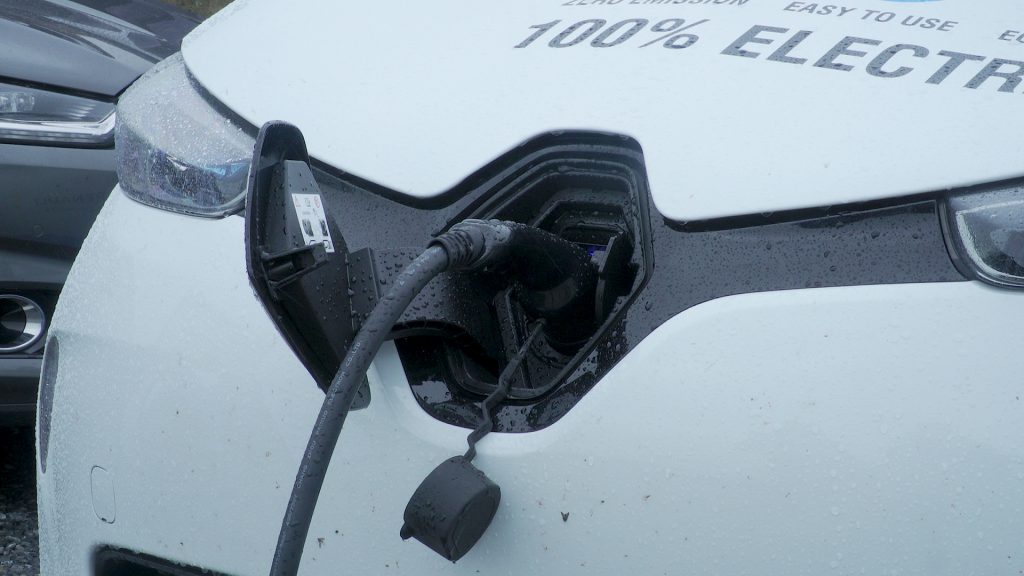Two reports published in recent days have shown conflicting views on Ireland’s position on renewable energy, e.g., wind or solar power.
The Energy Transition Readiness Index 2022 analyses the readiness of Ireland’s energy market to support the progression towards net zero, comparing it to other key European markets.
It has ranked Ireland joint lowest of all 13 countries surveyed.
The report ranks countries on a scale of one to five. Higher ranking countries scoring five and four have effective energy transition policies which encourage technological innovation and market access.
The reports come amid a target of a reduction of 25% in agricultural emissions by 2030, as farmers move towards more environmentally friendly methods and technology.
Renewable energy and Ireland
According to the report, lower ranking countries present barriers to investment through existing policies and rules which are complex and slow to evolve.
While the same report published last year awarded Ireland a score of four – showing that the country had a “proactive approach” to decarbonising electricity – this score has since fallen to three.
Among other causes, the report cites Ireland’s failure to allow low or zero-carbon projects to connect to the national grid as a factor which is delaying the transition to renewable energy, noting that the situation is “becoming increasingly critical”.
The report has also shown that the percentage of newly registered electric vehicles (EVs) in Ireland remains significantly lower compared to its European counterparts.
EVs accounted for 5% of all newly registered vehicles in Ireland in 2021, compared to 12% in the UK, 20% in the Netherlands and 65% in Norway.

On EV charging specifically, Ireland has received a score of two – together with Poland, this is the lowest score of any surveyed country.
While acknowledging that “few commercial barriers exist”, the report nonetheless notes that the rollout of EV charging infrastructure across Ireland has been “slow” and “limited”.
Attractive for renewable energy
Meanwhile, in a second report, Ireland has ranked 13th out of 40 countries in the latest Renewable Energy Country Attractiveness Index (RECAI) published by EY.
The biannual index examines the world’s top 40 markets on the attractiveness of their renewable energy investment and deployment opportunities.
Commenting on Ireland’s position in the index Stephen Prendiville, head of sustainability at EY Ireland said: “Ireland’s strong showing on EY’s Renewable Energy Country Attractiveness Index reflects our robust market for onshore wind, and continued growth prospects for offshore wind and solar projects.

“In the overall rankings we lost one ranking, down to 13th of 40 countries – a reflection more of other country’s progress rather than anything necessarily different in our own approach.
“When adjusted for GDP, Ireland punches far above its weight, climbing the rankings to sixth place – reflecting that we are very attractive for renewable energy development for the scale of our marketplace.
“The report highlights that globally, the transition to renewable energy has become even more urgent amid soaring gas prices, geopolitical tensions, supply chain shortages and extreme weather events,” he added.
“Distributed Energy Resources and smart grids will be key to securing energy supplies and getting the world to net zero by 2050.”
